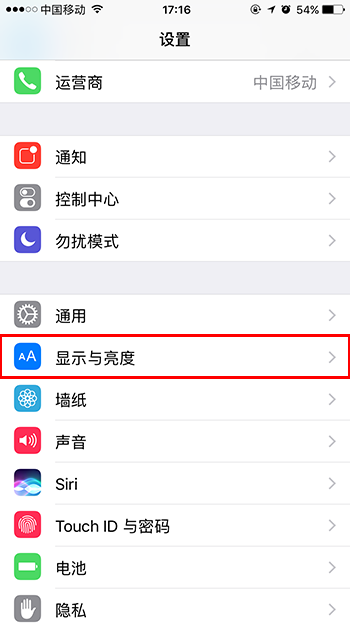【學習筆記】【C語言】typedef
編輯:關於IOS
1.概念
我們可以使用typedef關鍵字為各種數據類型定義一個新名字(別名)。
2.作用:給已經存在的類型起一個新的名稱
3.使用場合:
1> 基本數據類型
2> 指針
3> 結構體
4> 枚舉
5> 指向函數的指針
4.代碼
#include <stdio.h>
typedef int MyInt;
typedef MyInt MyInt2;
// 給指針類型char *起一個新的類型名稱String
typedef char * String;
/*
struct Student
{
int age;
};
typedef struct Student MyStu;
*/
/*
typedef struct Student
{
int age;
} MyStu;
*/
typedef struct
{
int age;
} MyStu;
/*
enum Sex {Man, Woman};
typedef enum Sex MySex;
*/
35 typedef enum {
36 Man,
37 Woman
38 } MySex;
39
40
41 typedef int (*MyPoint)(int, int);
42
43 int minus(int a, int b)
44 {
45 return a - b;
46 }
47
48 int sum(int a, int b)
49 {
50 return a + b;
51 }
52 /*
53 struct Person
54 {
55 int age;
56 };
57
58 typedef struct Person * PersonPoint;
59 */
60
61 typedef struct Person
62 {
63 int age;
64 } * PersonPoint;
65
66 int main()
67 {
68 // 定義結構體變量
69 struct Person p = {20};
70
71 PersonPoint p2 = &p;
72
73 //struct Person *p2 = &p;
74
75 //MyPoint p = sum;
76 //MyPoint p2 = minus;
77 //int (*p)(int, int) = sum;
78
79 //int (*p2)(int, int) = minus;
80
81 //p(10, 11);
82
83
84 //MySex s = Man;
85 //enum Sex s = Man;
86 //enum Sex s2 = Woman;
87
88 // struct Student stu3;
89 //MyStu stu = {20};
90 //MyStu stu2= {21};
91
92 return 0;
93 }
94
95 void test2()
96 {
97 String name = "jack";
98
99 printf("%s/n", name);
100 }
101
102 void test()
103 {
104 int a;
105 MyInt i = 10;
106 MyInt2 c = 20;
107
108 MyInt b1, b2;
109
110 printf("c is %d/n", c);
111 }
使用注意
1 #include <stdio.h>
2
3 //#define Integer int
4
5 //typedef int Integer;
6
7 //typedef unsigned long int MyInt;
8
9 #define String2 char *
10
11 typedef char * String;
12
13 int main()
14 {
15 /*
16 int a,b;
17 int a;
18 int b;
19 */
20
21 //s1、s2是char *指針
22 String s1, s2;
23 /*
24 String s1;
25 String s2;
26 */
27 s1 = "jack";
28 s2 = "rose";
29
30 // s3才是char *指針,s4只是char
31 String2 s3, s4;
32 /*
33 char *s3, s4;
34 char *s3;
35 char s4;
36 */
37 //String2 s3 = "jake";
38
39 /*
40 String s1;
41 String s2;
42 */
43
44
45
46
47 //Integer i = 10;
48
49 return 0;
50 }
相關文章
+



